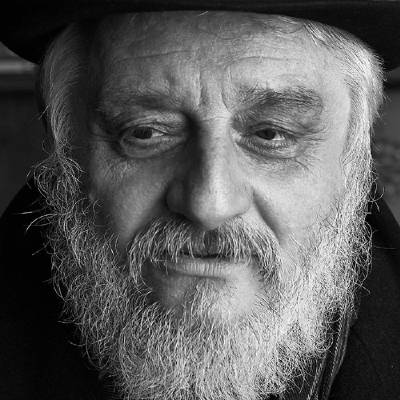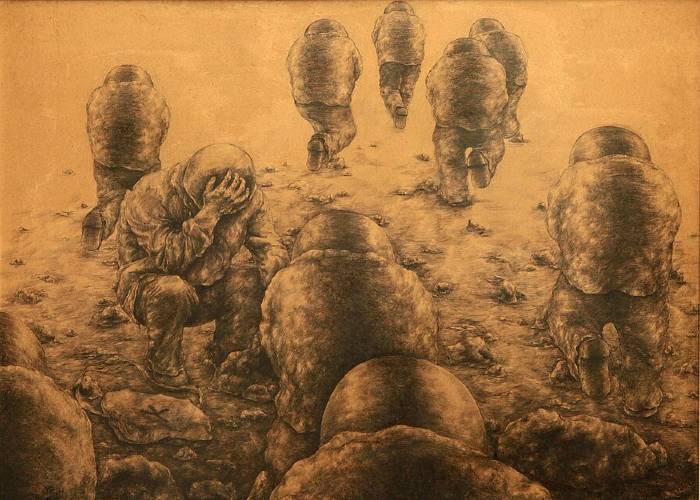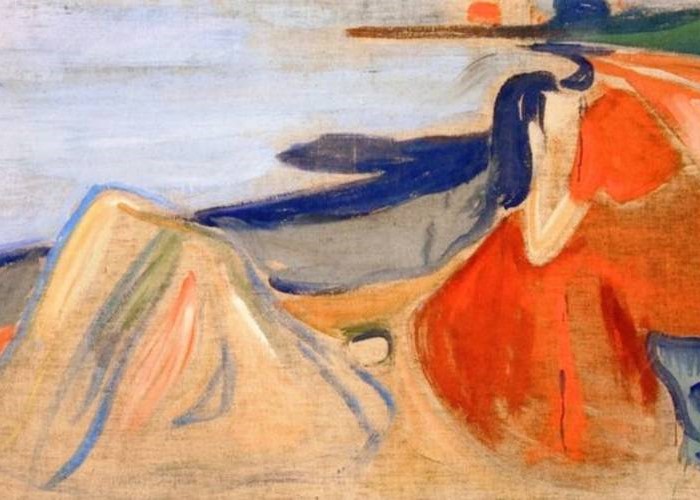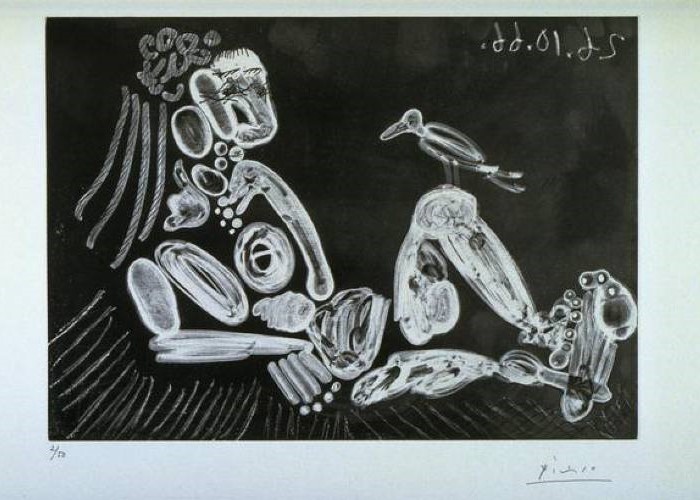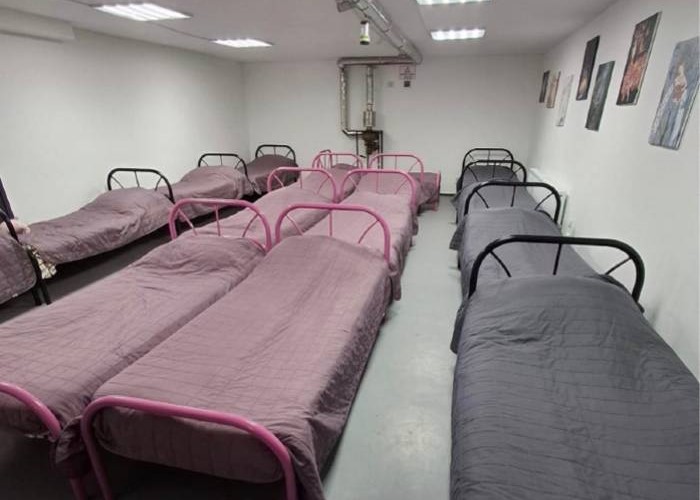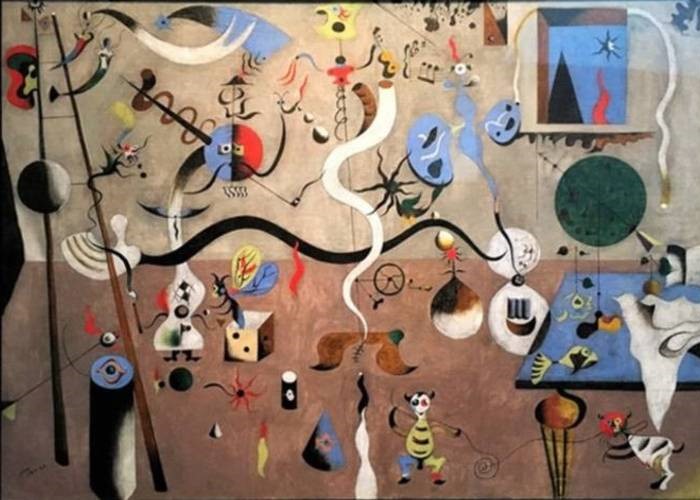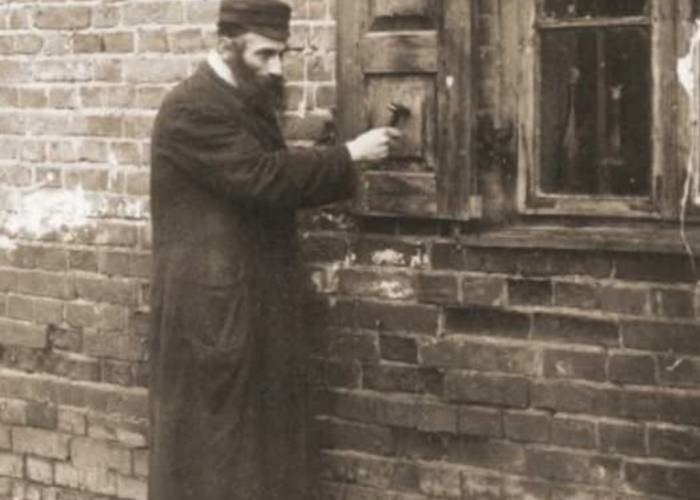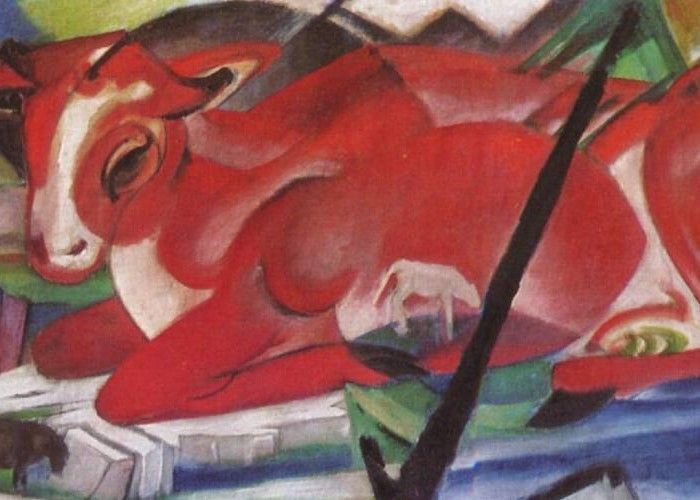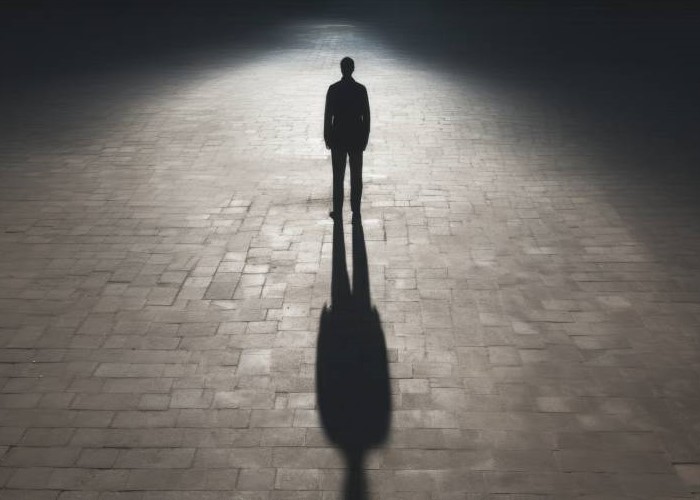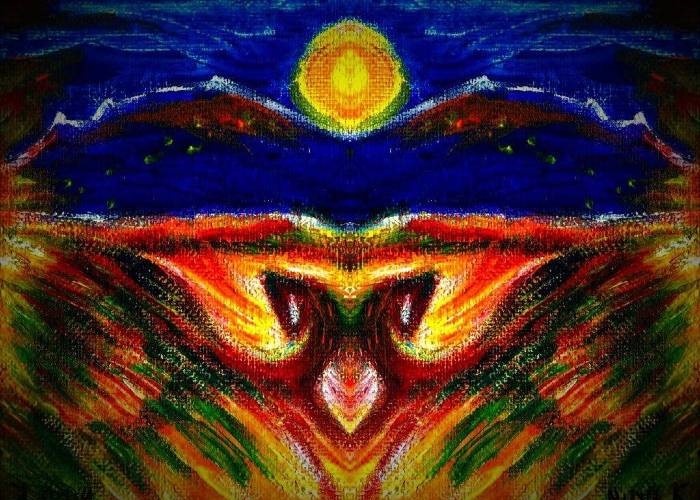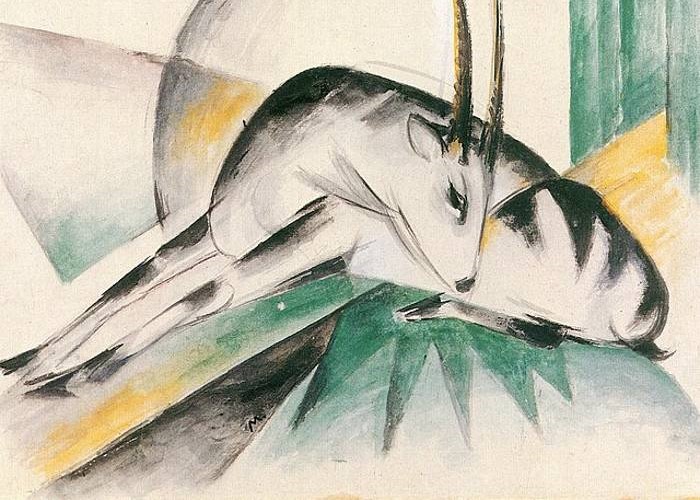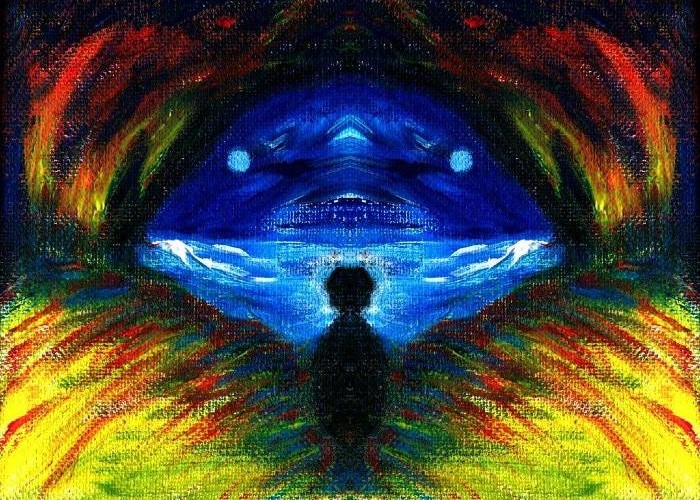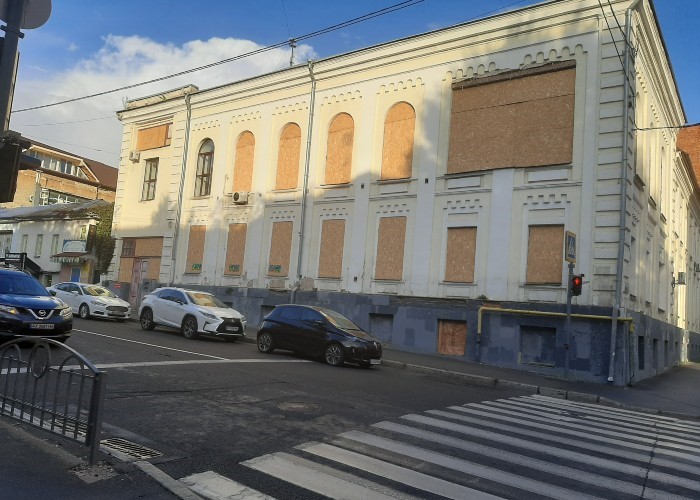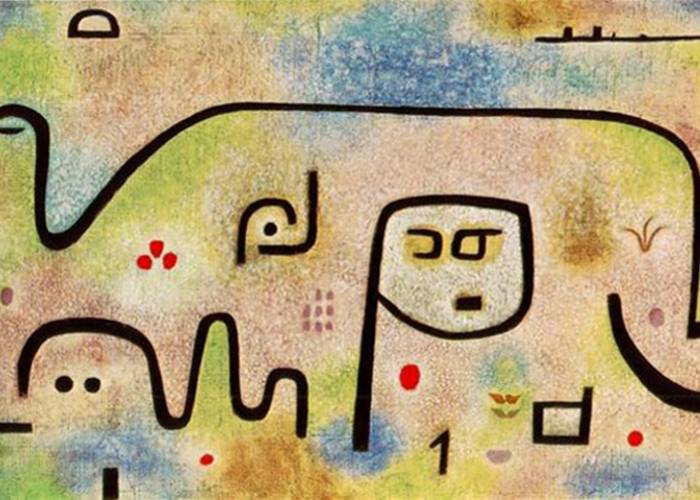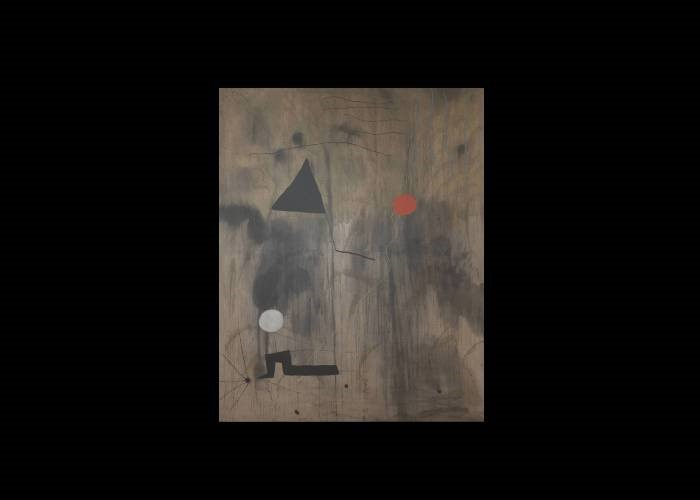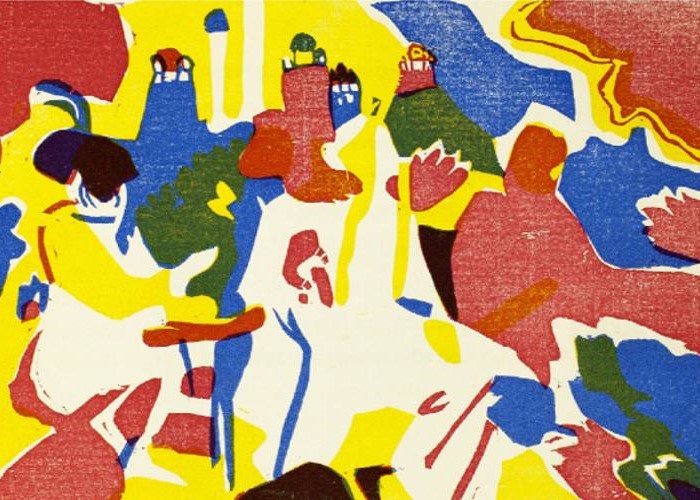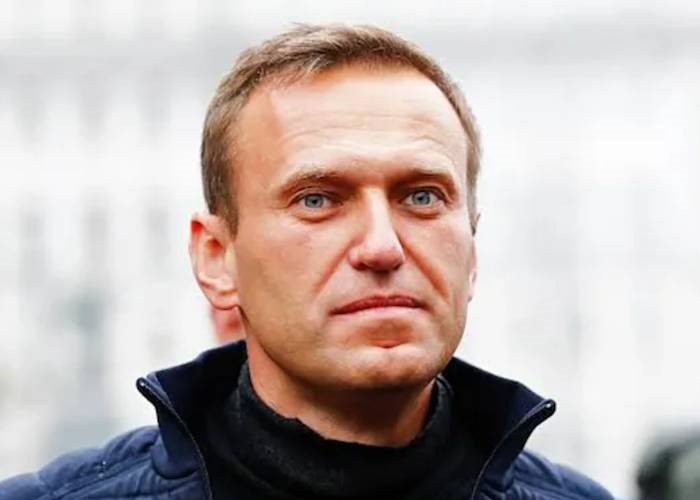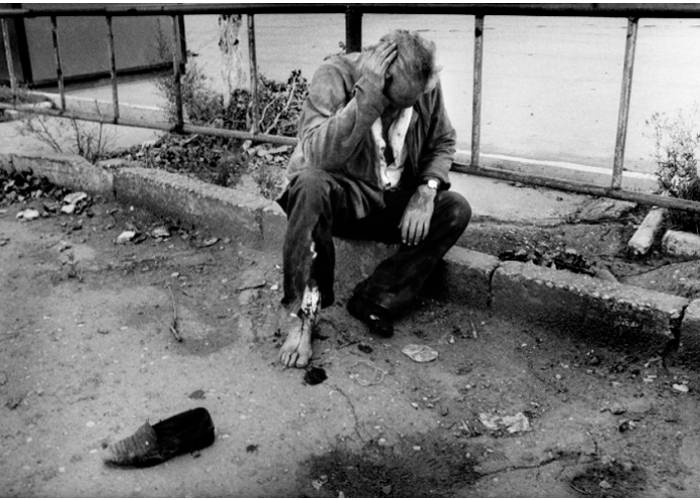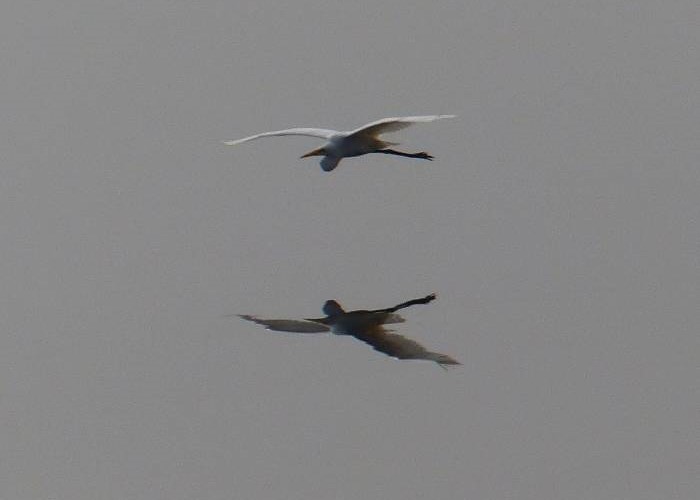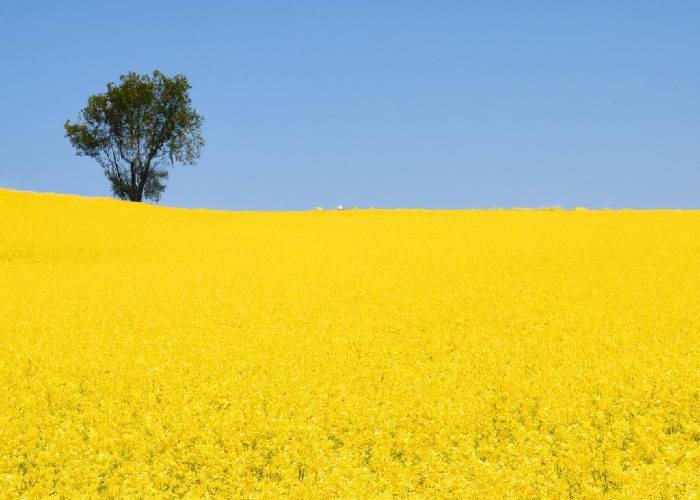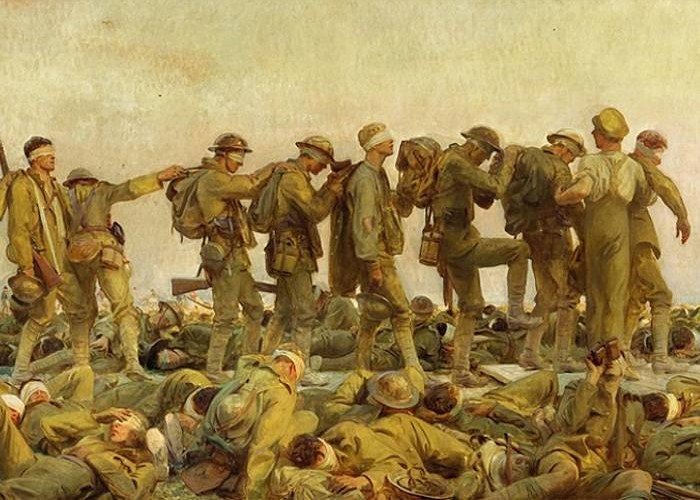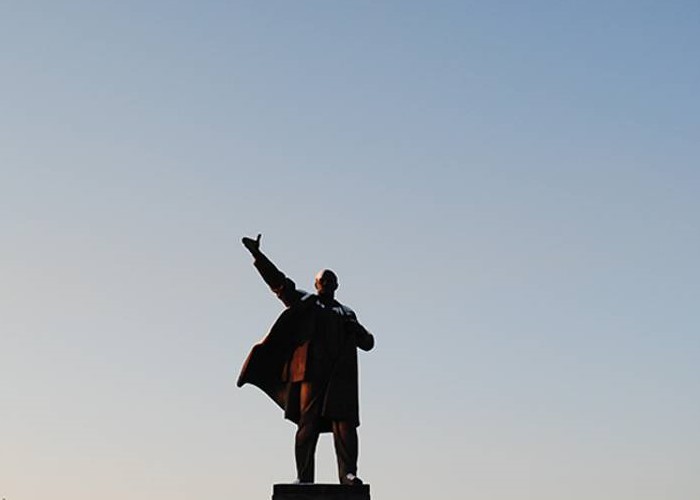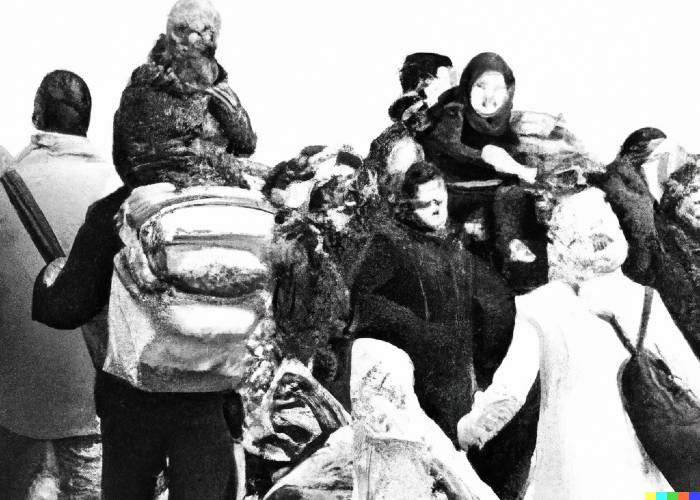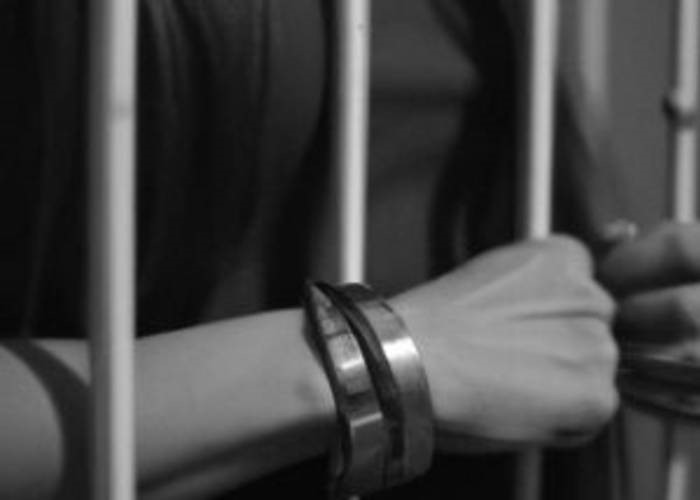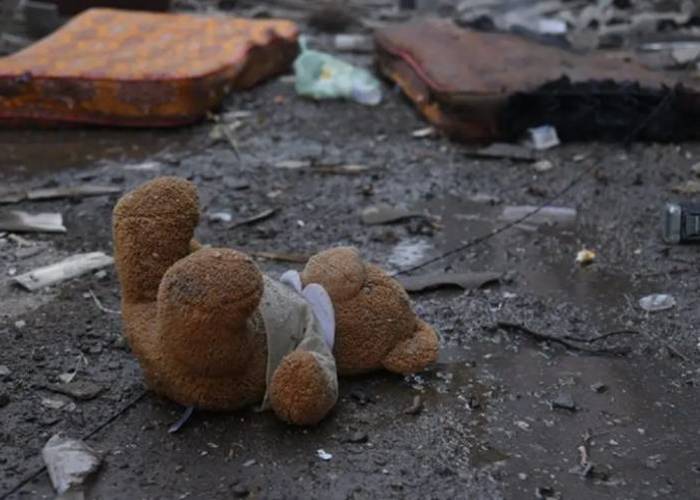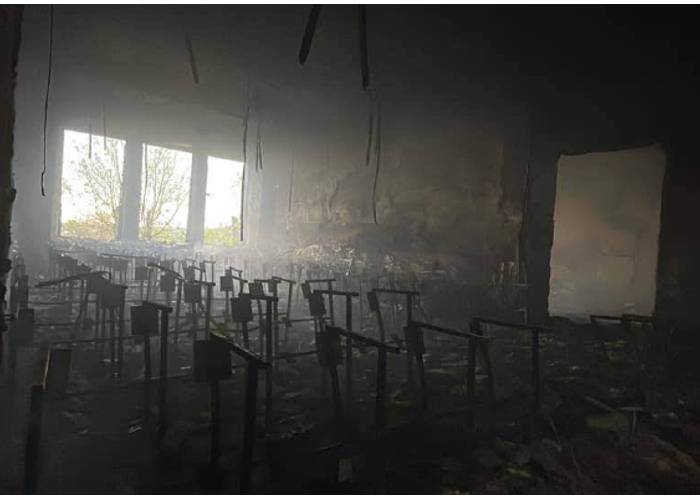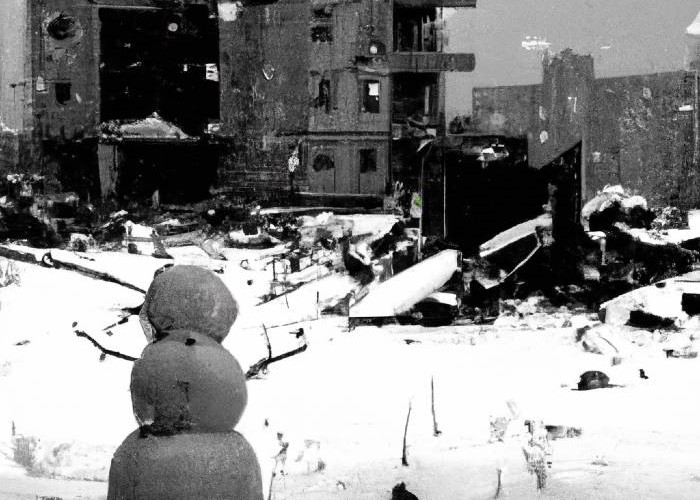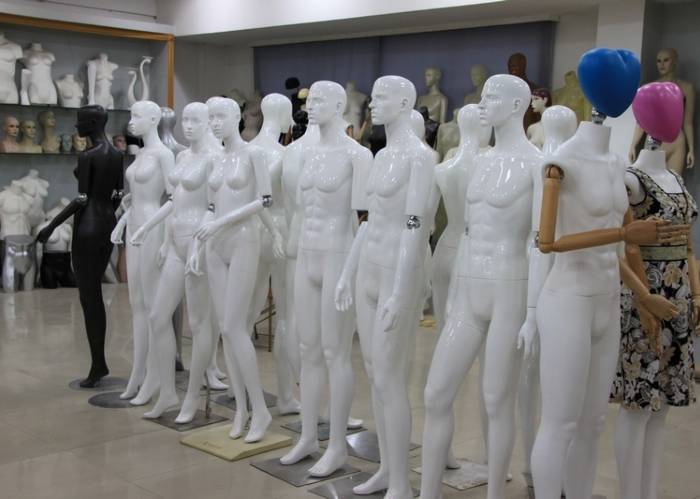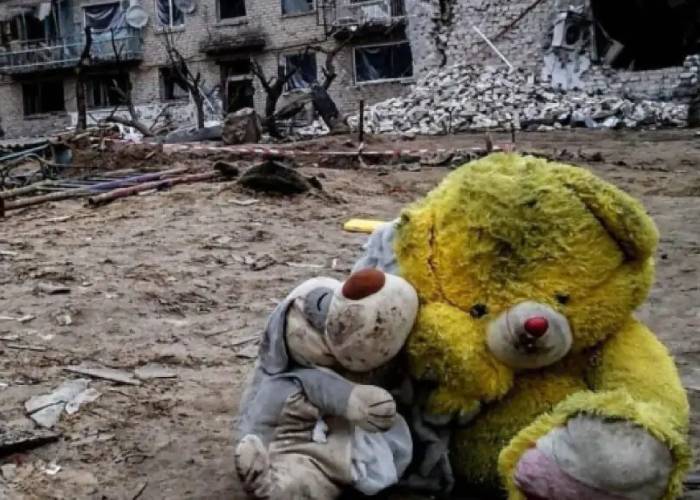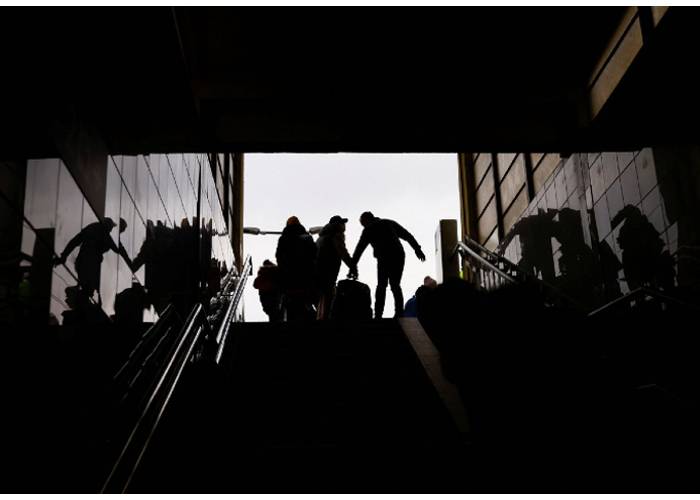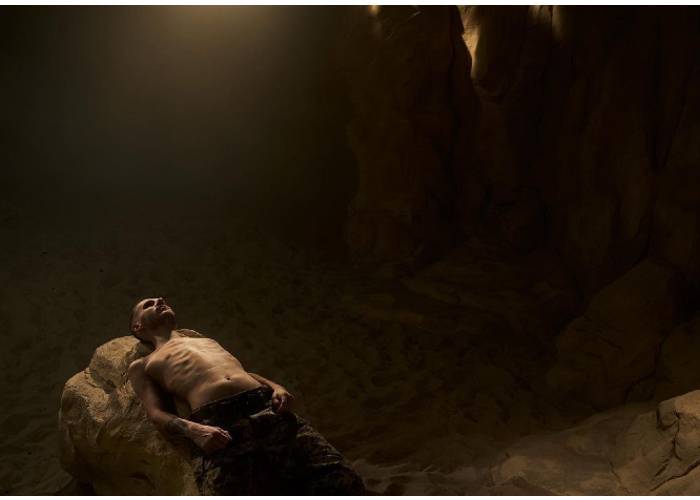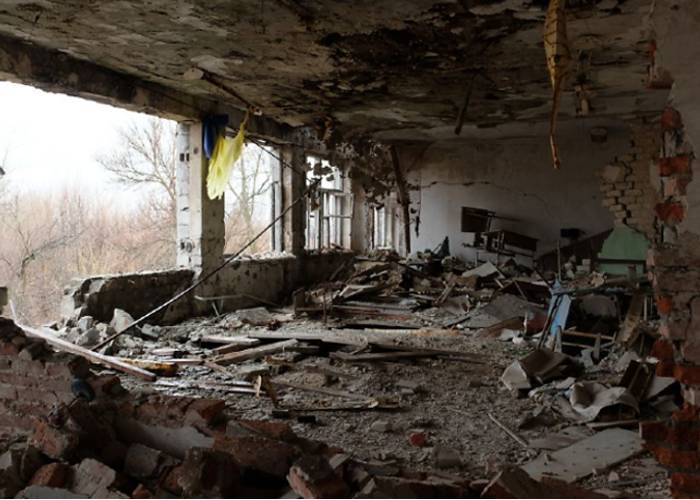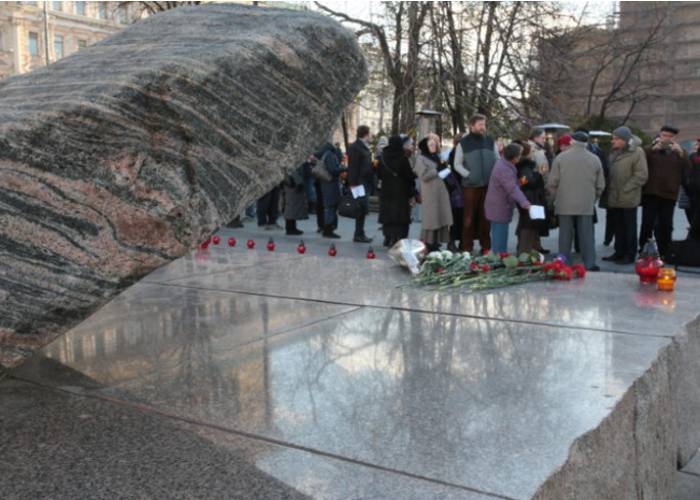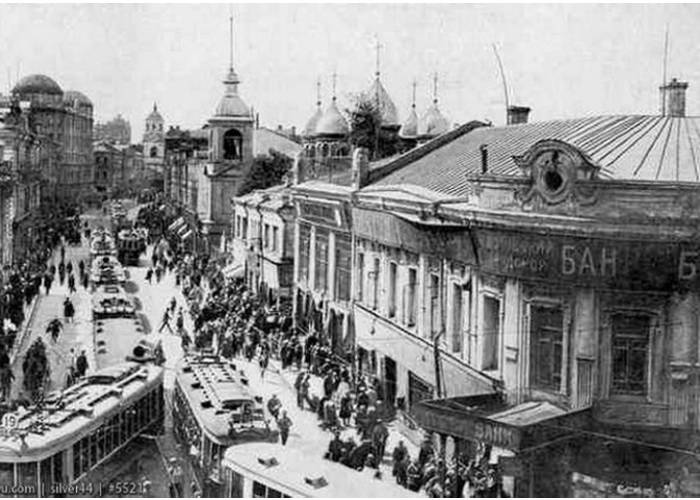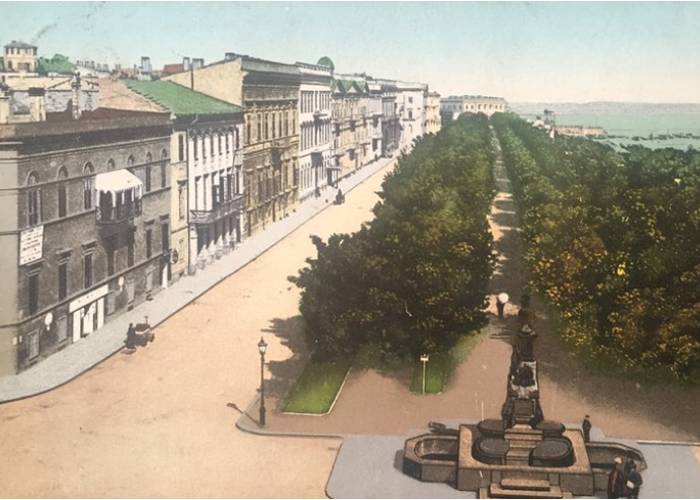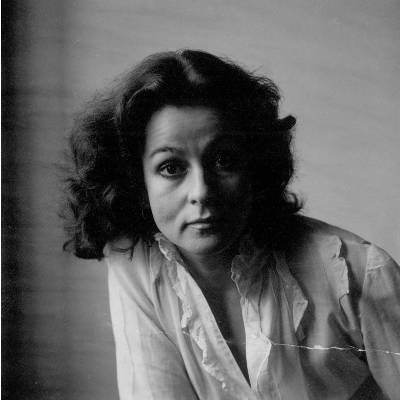***
Странно думать – быть может, это последние мирные дни.
Друзья покидают нас. Мы остаемся одни
перед лицом, перед рылом, перед пастью врага.
Неужели в этот капкан вступит его нога?
Неужели нашей землей он хочет набить свой рот?
Нежели товарищ ему не волк, а подземный крот?
Неужто по крови изголодалась земля?
Ненасытен вампир и ласков, что то теля,
только не молоко сосет, а кровь из жил,
чтобы потом спросили – в каком ты полку служил.
чтоб на всю грудь несметные посмертные ордена.
Тело истлело, душа осталась одна.
Что ей делать на поле боя? А в небеса ни-ни.
Страшно думать – быть может, это последние мирные дни.
February 12, 2022
* * *
It feels weird– but these could be our last days of peace.
Friends are abandoning us. We are staying alone
to face, or rather, to see the enemy’s mouth, his snout.
Will he really step into this trap?
Does he really want to stuff his mouth with our soil?
Is his best friend a subterranean mole, not a wolf?
Is the earth that hungry for blood?
The vampire is insatiable and gentle like a calf,
only it doesn’t suck milk, he prefers to suck blood from veins,
so that he gets asked later – in what regiment he had served
so that his chest is all covered with orders, post-mortem.
The body decayed; the soul remained all alone.
What is there for it to do on the battlefield? But, there is no way to heaven.
It so scary to be thinking – these could be the last days of peace.
Translated by Anna Halberstadt
